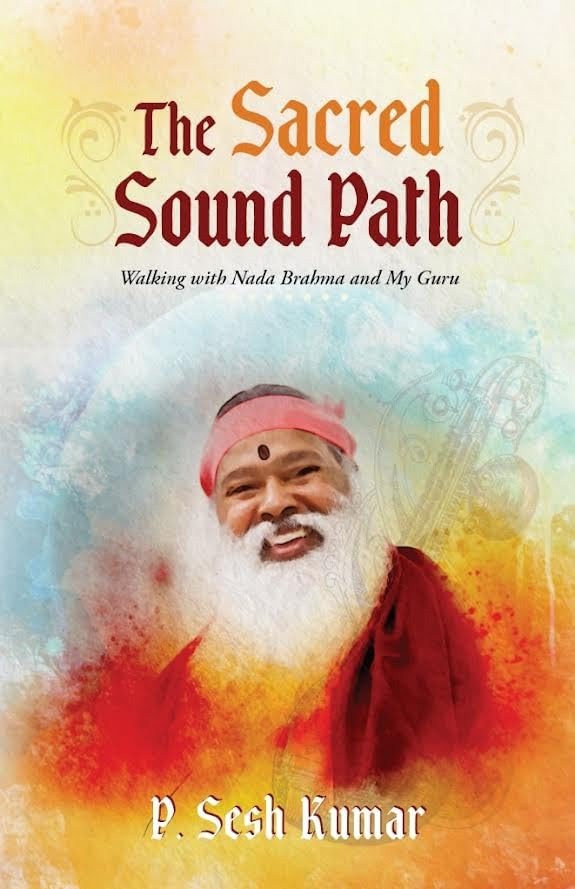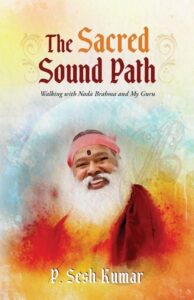India’s Daughter and India’s pathology
Ravi Shanker Kapoor | March 7, 2015 9:59 am
India’s reaction to India’s Daughter, the BBC documentary on the Nirbhaya gang-rape, has been a mix of sanctimoniousness, chauvinism, and anti-West pathology. And by “India’s reaction” I don’t mean just that that of the government, which of course is the epitome of sanctimoniousness, but of India at large—the people, the political class, opinion makers, media Brahmins with Arnab Goswami leading the charge of the high-decibel brigade.
So, on February 4, the Right Honorable Home Minister Rajnath Singh assured the honorable Members of Parliament that, “under any circumstances,” the documentary would not be aired in India or abroad. “As soon as I got to know about this, I felt an unhappiness within and I immediately called up the concerned officials… Even before I got the information, I had said that this documentary should not be broadcast under any circumstances—be it on web portals, print media or electronic media,” he told the Lok Sabha, adding that “all precautions must be taken to stop it.”
This was typical of Bharatiya Janata Party leaders: they have started believing that they are gods; they just have to make a wish, and it would become a reality. They have to say ‘Make in India’ and, lo and behold!, the investors from all parts of the globe would come to our country to set up their factories. BJP grandees just have to express the desire of a majority in the Delhi Assembly, and Kejriwal would be defeated. Recent events should have shaken their belief in their own divinity, but it didn’t happen. They again thought that their wish is the law for the entire world, but evidently this was not so; the British news channel went on to air the controversial documentary; lakhs of people have seen it online.
Now, what next? Prosecute BBC? Ask the UK government to extradite the erring broadcasters? If that doesn’t happen, take on London? And for what? Just because BBC showed something many of us didn’t like?
This brings us to the question: why are so many against the programme on the Nirbhaya rape? They argue that the documentary depicts the vile views of a rapist, and this violates the dignity of women (interestingly, the parents of Nirbhaya don’t think so, and favor the documentary). The fact, however, is that a large number of people hold vile views over a variety of issues. So, should the media and arts not show bad people saying bad things? If the answer is yes, it would mean that no journalist should ever interview a criminal or terrorist; and literature and cinema should not portray such characters.
If taken to its logical conclusion, this line of thinking would end up bringing in drastic changes in the practice of journalism and filmmaking: journalists would be barred from presenting the views of unacceptable characters; the only acceptable movies would be made on mythological themes. In fact, even that may be found objectionable, for the disrobing of Draupadi and the accompanying dialogues would be problematic. Kaamsutra, of course, would be banned, as also would be Kalidas.
The truth is that countless classics have depicted improper characters and behavior. All classics, Indian as well as Western, can be targeted for promoting improper ideas or thoughts. And we are not even discussing Lady Chatterley’s Lover and Ulysses, the classics which faced the charges of obscenity even in the West. Madame Bovary and Anna Karenina could also be accused of glamorizing, if not promoting, adultery. Gone with the Wind is open to criticism that it portrays slavery as practiced in America in soft focus. Dante’s Divine Comedy depicts the Prophet Mohammad in bad light.
Indian literary works can face charges of exalting ideals and values that no would harm any society. Agyey’s Shekhar: Ek Jiwani has shades of incestuous relationship. Premchand’s Nirmala also has a similar tinge. Bimal Mitra’s Sahib Bibi Ghulam is about the decadence of feudalism, complete with mentions of debauchery and profligacy; similar mentions are in also Sarat Chander’s Devdas. U.R. Anantha Murthy’s Kannada novel, Samskara, exposes the hollowness of Hindu traditions. Bankim Chandra’s Anandmath can offend Muslims.
Another justification offered by the ban enthusiasts is that the BBC documentary shows India in a bad light. Minister of Parliamentary Affairs M. Venkaiah Naidu saw “a conspiracy to defame India.” Of, these horrible Brits! They still think that they rule the world; they still want to bear the white man’s burden. What do they think they are? We will never let them denigrate our great and glorious nation.
Denigrating India. Now, this is an old, jaded charge that can be hurled at anybody who highlights any unlovely aspect of our country. Till a few years ago, it was just a self-righteous excuse to sweep rubbish under the carpet; now, in the age of the Internet and satellite television, it is also an idiotic argument. Every major media house has online presence; all manner of ugliness is shown by Indian journalists which is available to anybody anywhere in the world. If reporting something unpleasant in India is objectionable, it is not just BBC that is guilty; the entire Indian media is equally, if not more, guilty of that.
It is time that the ban-masters and the lords and barons of public discourse scaled down sanctimoniousness and opened up their eyes to the reality. At any rate, you can’t root out evil by proscribing its depiction in the public space.































